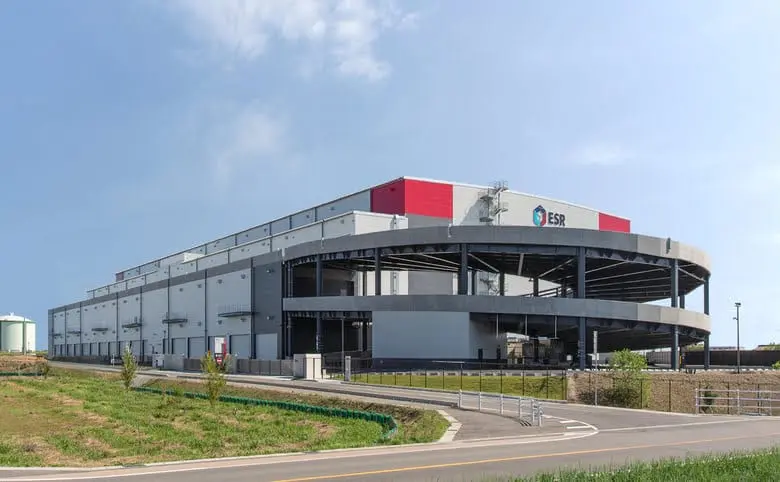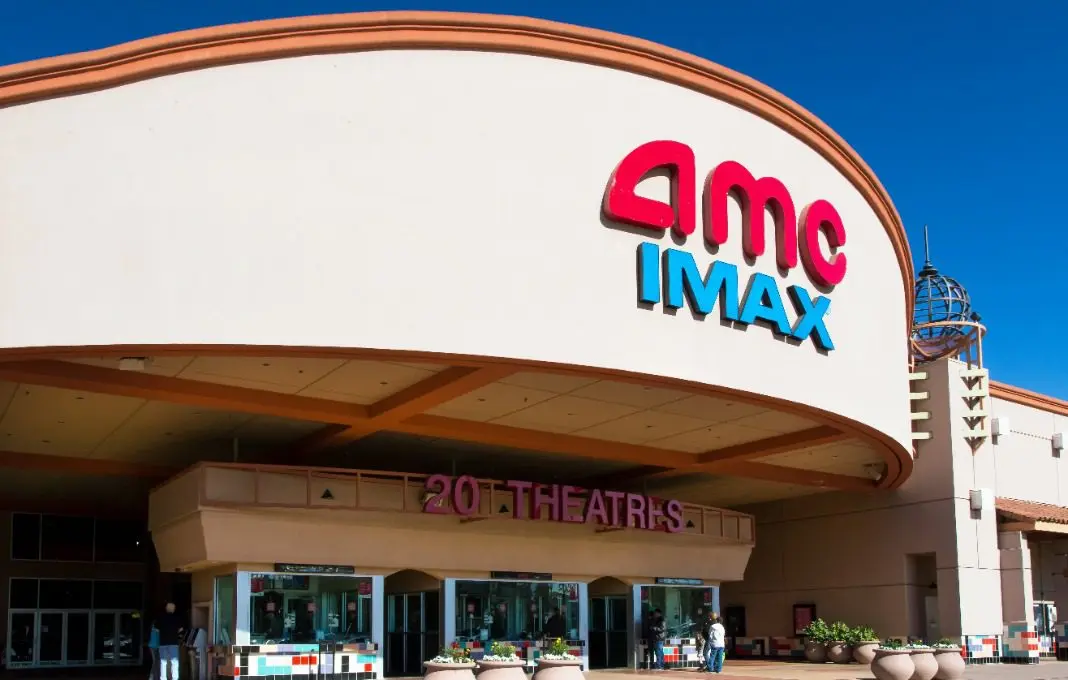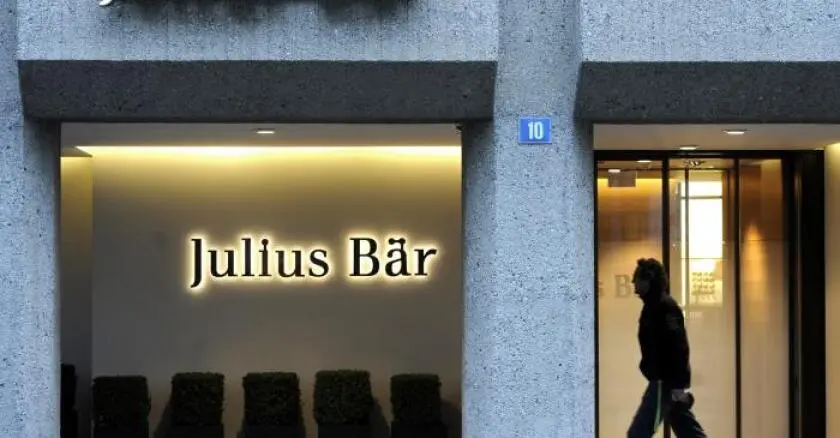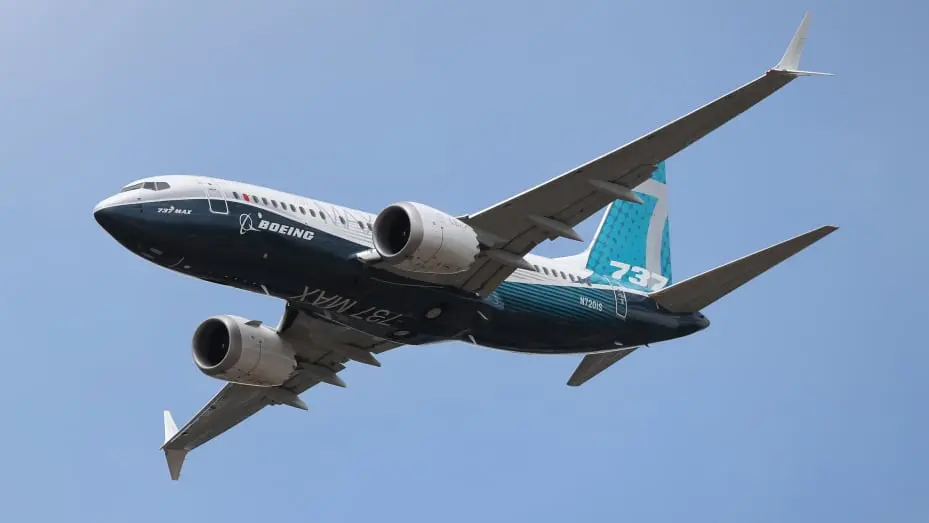
Real estate fund manager ESR's situation is difficult even using Hong Kong standards. It looks like a good time for a takeover, but supporters, such as Canada's OMERS Administration, may ask for a high premium.
Throughout mainland China, South Korea, Japan, Singapore, Australia, and other countries, the $6.3 billion ESR handles real estate assets, including data centers and warehouses. E-commerce was expanding five years ago, especially in China, at the time of ESR's stock market debut, making its new economy logistics assets highly sought-after. However, since the beginning of last year, its stock has dropped 30% and 60% from a top in 2021. The Hang Seng has decreased by 5% and one-third, respectively, during the same time frame.
Despite ESR's worldwide reach, one explanation is the China discount. The company's intricate business model and dearth of counterparts in Hong Kong are other factors. ESR acquired ARA Asset Management for $5.2 billion in 2021, gaining access to an enormous portfolio of retail and commercial real estate. This made ESR's already complex business even more complex: in addition to building properties, it now raises outside capital to jointly invest in funds and real estate investment trusts. ESR has also been negatively impacted by rising rates of interest and debt prices.
The company is refocusing on logistics and paying off debt by selling assets valued at up to $2 billion as part of its efforts to restructure its operations. ESR believes that by taking these steps, it will be able to reduce its net debt-to-assets ratio from more than 30% last year to a low 20% level in the medium term. Positively, ESR's assets under management and fund management EBITDA both grew in the previous year.
Against this background, a group that included the American private investment firms Sixth Street Partners and Starwood Capital suggested taking it private in late April. Although the bidder group's offer is likely to exceed the stock's current price of HK$8.35 by 20% to 30%, the option to roll over their shares into the delisted corporation is also available to current investors, such as Warburg Pincus.
According to LSEG, at a 30% premium, that suggests an enterprise value of around $11 billion, or about nine times projected EBITDA. That is far less than peers like Goodman Group of Australia, which scored 26 times, and Capitaland Investment of Singapore, which scored 15 times. Long-suffering stockholders in ESR deserve better.











